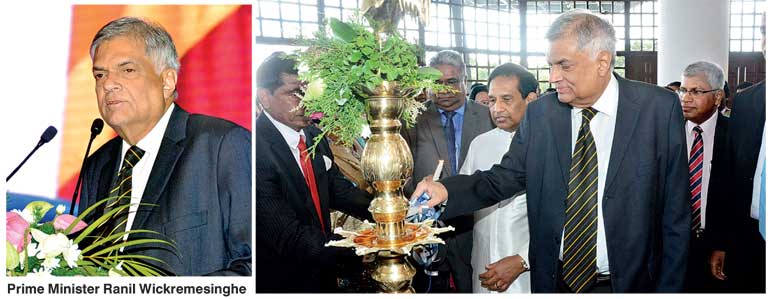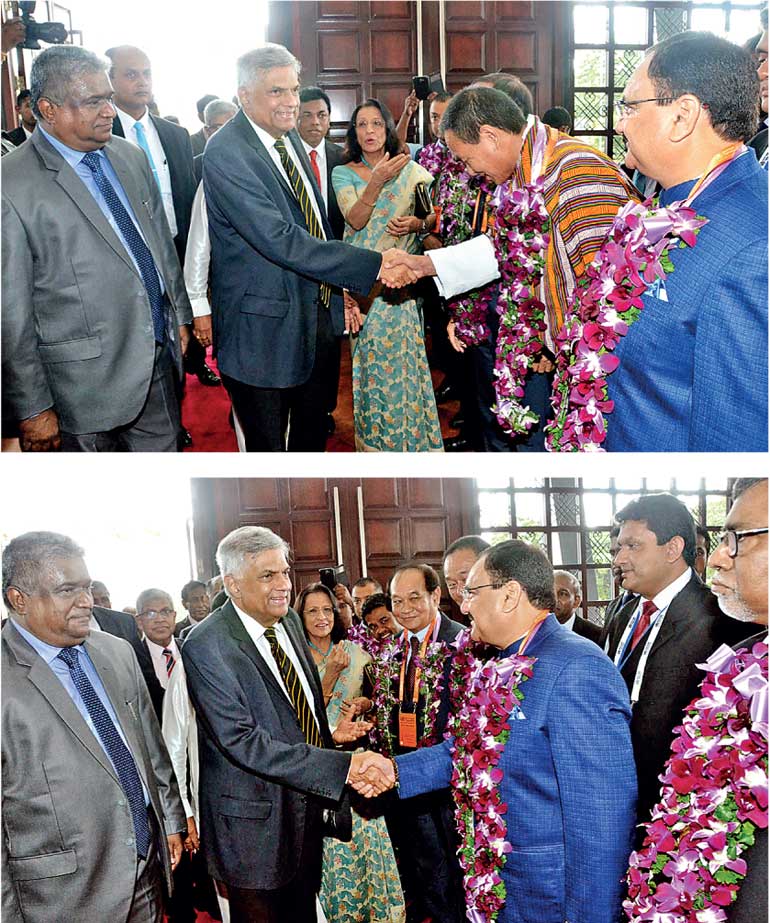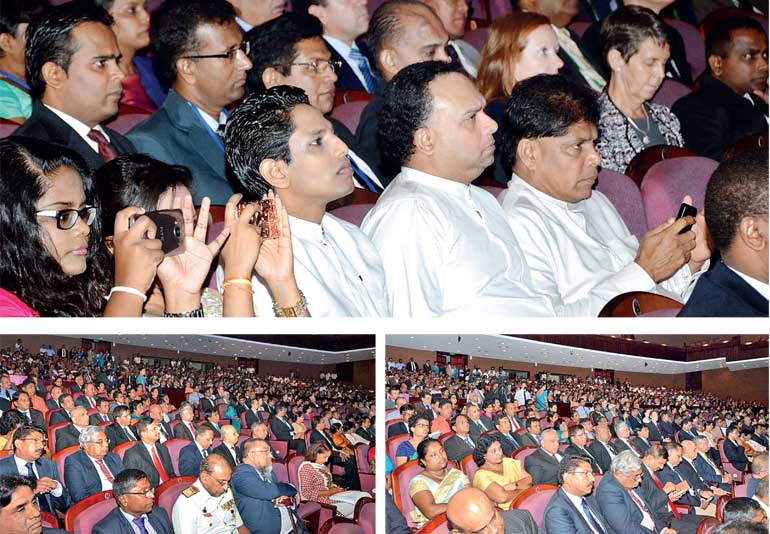Tuesday Feb 24, 2026
Tuesday Feb 24, 2026
Tuesday, 6 September 2016 00:48 - - {{hitsCtrl.values.hits}}
To arrest the growing epidemic of noncommunicable diseases, which according to the World Health Organization (WHO) kills 8.5 million people annually in the Southeast Asian region, member countries from the region yesterday adopted the Colombo Declaration, which calls for strengthening the delivery of services for these diseases at the primary healthcare level.
“This is a critical moment for health systems and the people they serve across the Southeast Asia region. Noncommunicable diseases (NCDs) are already taking an unacceptable toll on populations, with the burden projected to rise in the coming years. To avert this possibility, services for these diseases must be made available at the primary healthcare level, and high-risk populations must be provided all the opportunities to access screening and treatment,” said WHO Southeast Asia Regional Director Dr. Poonam Khetrapal Singh.

The members expressed serious concern over the unacceptable burden of noncommunicable diseases, including cardiovascular diseases, cancers, diabetes and chronic respiratory diseases.
As part of the declaration health ministers pledged to undertake targeted screening for early diagnosis as well as to increase health guidance and counselling to promote healthy choices and self-care. Ensuring appropriate treatment, robust follow-up treatment, management of referrals and focusing on and expanding NCD services to the high-risk population were key parts of the declaration.
“This is an important opportunity to reaffirm our commitment to the global goal of reducing NCD-related premature mortality by one-third by 2030, and to actually map out how we will get there. Implementing effective policy solutions is vital to addressing the personal and social tragedy caused by NCDs as well as their impact on economic development,” said Dr. Singh.


To fund the primary healthcare approach for addressing NCDs, which is foundational to the declaration, health ministers committed themselves to advocating innovative financing methods, including dedicated taxation of health damaging commodities such as tobacco, alcohol and unhealthy foods and beverages. This will both reduce exposure to NCD risk factors and mobilise more resources for NCD prevention and control.
The Colombo Declaration was adopted on the opening day of the five-day 69th WHO Regional Committee Meeting, which was inaugurated last morning by Prime Minister Ranil Wickremesinghe in the presence of Director-General WHO Dr. Margaret Chan, health ministers and senior health ministry officials of the 11 member countries of the region comprising Bangladesh, Bhutan, the Democratic People’s Republic of Korea, India, Indonesia, Maldives, Myanmar, Nepal, Sri Lanka, Thailand and Timor-Leste.

